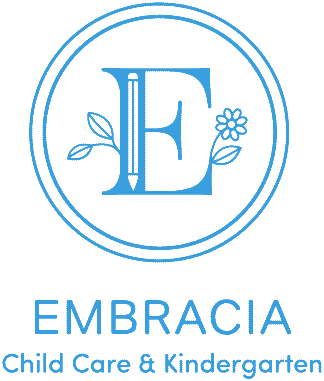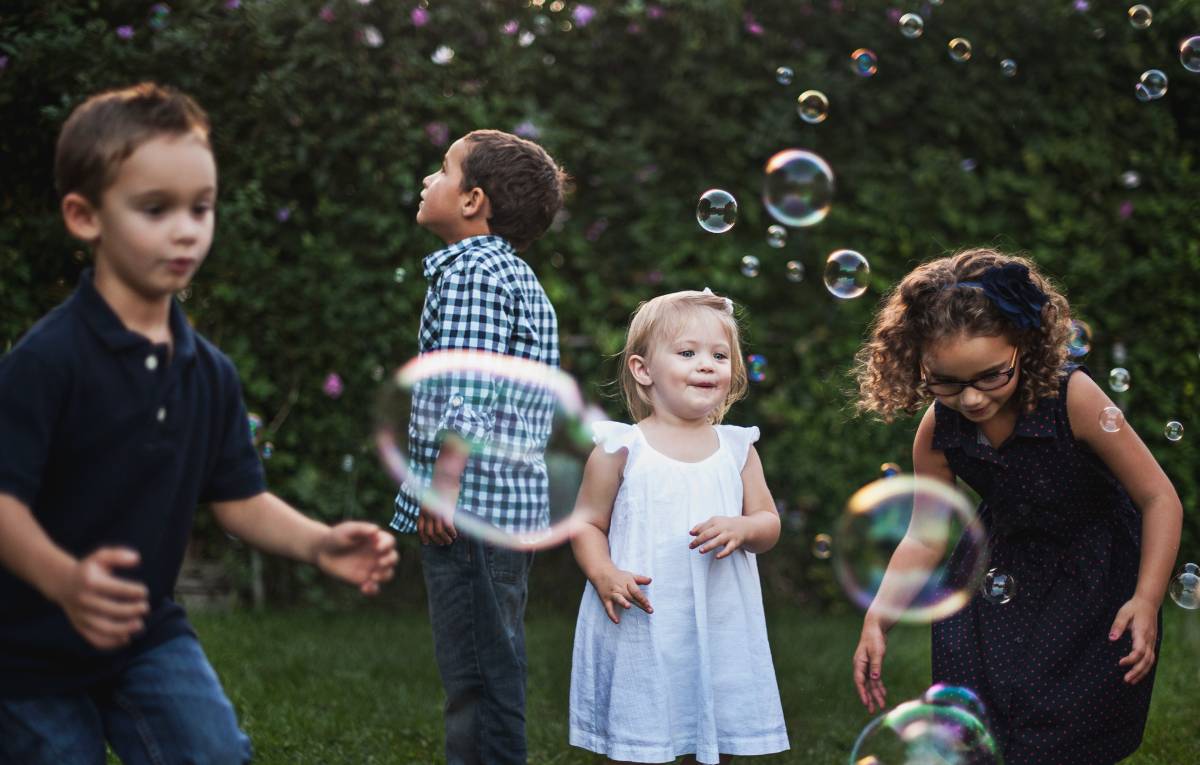The Importance of Play-based Learning in Long day-care
What is play-based learning
Right from birth, children are learning. They do this by watching, listening, moving, talking and feeling. Each child begins to question, interact with others, explore new spaces and develop interests and vocabulary. In other words, we learn through play.
Play based learning in a long day-care centre needs to be self-oriented, enjoyable and process oriented. Children will learn at their own pace through seeing, touching, hearing and feeling rather than an academic curriculum like in primary school.
Young children use play to make sense of the world around them and to develop essential social skills. Its an important part of learning in long day-care and keeps children engaged and productive.
In childcare, teachers and educators use intentional planning to create an environment that encourages thinking, reading, talking and writing. These become a part of a child’s everyday experience and enhance their social, literacy and numeracy skills. Research shows this type of learning provides a good foundation for success at school and skills for lifelong learning.
Types of Play
The Victorian Early Year learning and developmental Framework adopts an integrated approach to play-based learning. Early educators interweave play strategies to support early learning and provide a model for positive behaviour.
The three types of play are child-directed play, adult-guided play and adult-led play. Embracia Childcare and Kindergarten will deliver all three approaches interchangeably to provide the best outcomes for children. This model creates a learning environment that encourages children to explore, play, question and create.
Educators play a key role in delivering integrated learning – and provide a balance between the type of play.
They create learning environments, plans and engage in sustained conversation to promote thinking. Educators actively support inclusive behaviours and fair play, plus they take advantage of spontaneous and teachable moments daily. Play between children and interaction with educators is collaborative and develops vital social and emotional skills.
Adult Led Play
Intentional play is planned by teachers or early childhood educators. This type of play could involve props, rules or a specific game that the children will enjoy but remains open-ended.
Adult Guided Play
When adults are involved in play initiated by children that follows the children’s interests and rules. Adults can offer responses or guidance to spontaneous moments of learning.
Child Directed Play
This is unstructured play or ‘free time’ and involves no instruction from teachers and should be self-directed. Children are naturally playful and will easily start a game of make believe, use the props around them or playground equipment.
The benefits of play-based learning in early childhood
Play comes easily to children and is an essential part of their early learning and development. When children play, they think creatively, negotiate, problem solve and assess risks. They overcome barriers, develop self-awareness and discover what they like and dislike.
Play-based learning for toddlers
Toddlers learn about their world by listening, looking, touching, smelling and tasing. Sensory play is a ‘hands on’ way for children to learn, ask questions and develop dexterity. Educators can introduce play doh to make shapes, cut and add colour. Provide a sensory bin full of dry pasta, pebbles, and textured materials and ask children to explain what they feel, or the different sounds materials make.
Outdoor activities should be messy! Think sand boxes, playground equipment or working on the garden together. Outdoor play develops muscles and gets kids outside exploring their natural environment.
Play-based learning for three to five-year-olds
Pre-schoolers will develop the ability to reason, ask questions and have a sense of self. They want to know why things work and start to understand basic concepts like ‘big’ or ‘small’. Play at this age should challenge, educate and inspire plus build on relationships.
Children should be encouraged to play dress ups, learn songs or create their own instruments and play them. Engage with books, painting, puzzles, riddles and jokes. Activities like cooking, building with blocks or recyclable materials.
Outdoor activities like physical games, nature walks, gardening and imaginary play are just as important. All these types of play help build friendships, develop vocabulary, use imagination and introduce science and numeracy.
Embracia curriculum
Embracia Childcare and Kindergarten has a unique early-learning program that integrates Aboriginal culture, sustainability, nature play, community and heritage. In order to create the best environment for children, our education program recognises and responds to the five outcomes set out in the Victorian Early Years Learning Framework:
Identity – Children have a strong sense of identity, unique to each individual.
Community – Children are connected to and contribute to their world.
Wellbeing– Children have a strong sense of physical and mental wellbeing.
Learning – Children are confident involved learners that learn in the context of their family and community.
Communication – Children are effective communicators and their communication and self-expression take many forms.
Our holistic approach to early-years education is designed to support and inspire children, develop lifelong skills and knowledge.
What to look for in a play-based program
Here are some tips to help you find the right play-based program for your child when you are looking at childcare centres:
- Check if the rooms have large spaces and a variety of materials, including sensory activities and imaginative play areas.
- Look at whether there are indoor and outdoor play spaces available.
- Ask if a typical day includes long periods of uninterrupted play.
- Talk to the educators and ask how they use play-based learning in their day, and how they cater for children’s interests.
To discover how Embracia Childcare and Kindergarten incorporate play-based learning into our daily programs, head to our website and register your interest!

